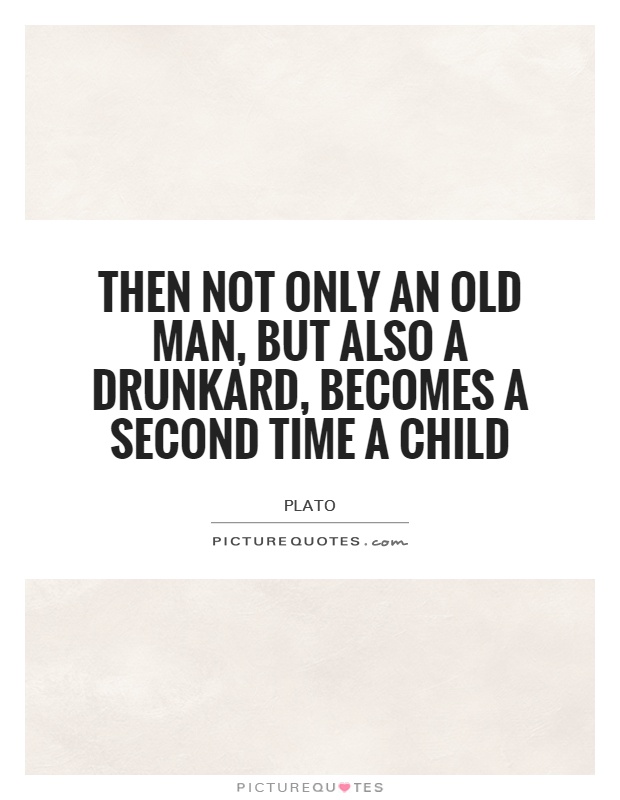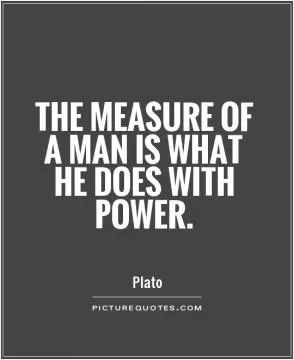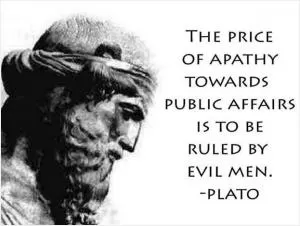Then not only an old man, but also a drunkard, becomes a second time a child

Then not only an old man, but also a drunkard, becomes a second time a child
In Plato's philosophy, the idea of a person becoming a child again is not just a physical regression, but a spiritual and intellectual rebirth. The quote "Then not only an old man, but also a drunkard, becomes a second time a child" speaks to the concept of the soul's journey towards enlightenment and wisdom.In Plato's work, particularly in his dialogues such as "The Republic" and "Phaedo", he explores the idea of the soul as immortal and constantly seeking knowledge and truth. According to Plato, the soul goes through a cycle of reincarnation, where it learns and grows through each lifetime. This process of learning and growth is what allows the soul to eventually reach a state of enlightenment and wisdom.
The quote suggests that even those who have strayed from the path of wisdom, such as old men and drunkards, have the potential to rediscover their inner child and embark on a new journey towards enlightenment. Just as a child is curious, open-minded, and eager to learn, so too must the old man and the drunkard approach life with a sense of wonder and a willingness to explore new ideas.
Plato believed that true knowledge and wisdom could only be attained through self-examination and introspection. By becoming like a child again, one is able to shed the biases and preconceptions that come with age and experience, and approach life with a fresh perspective. This process of self-discovery and self-improvement is essential for the soul to reach its full potential and achieve true enlightenment.












 Friendship Quotes
Friendship Quotes Love Quotes
Love Quotes Life Quotes
Life Quotes Funny Quotes
Funny Quotes Motivational Quotes
Motivational Quotes Inspirational Quotes
Inspirational Quotes